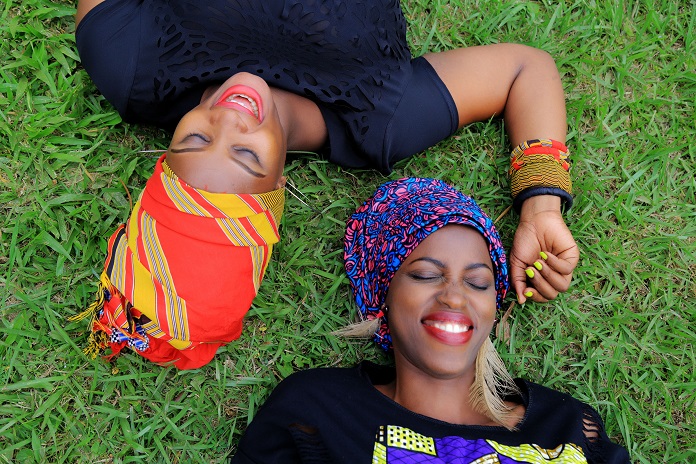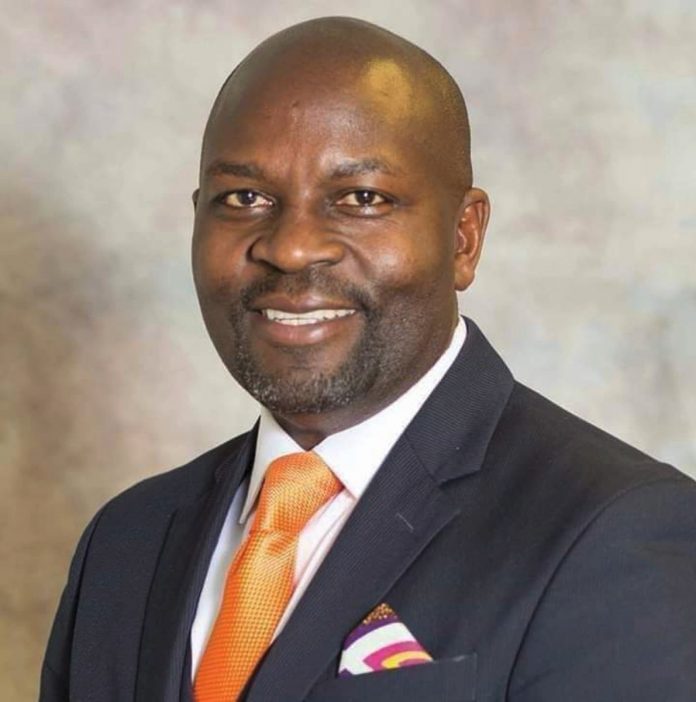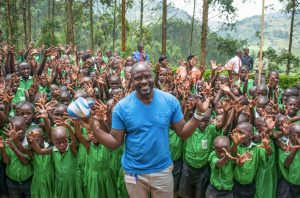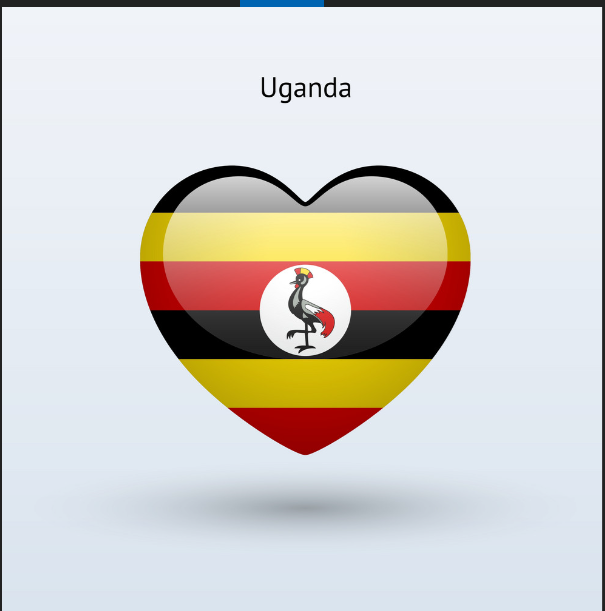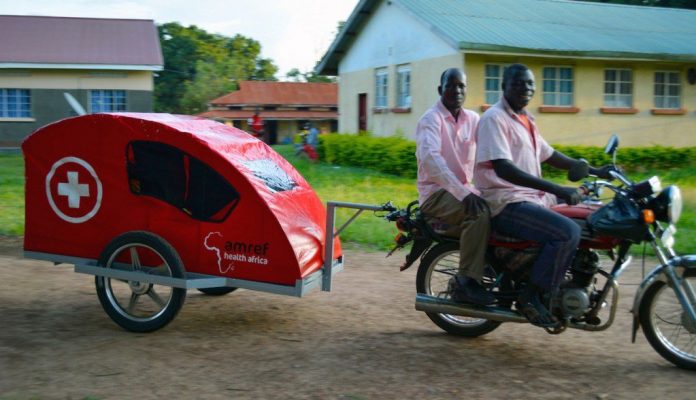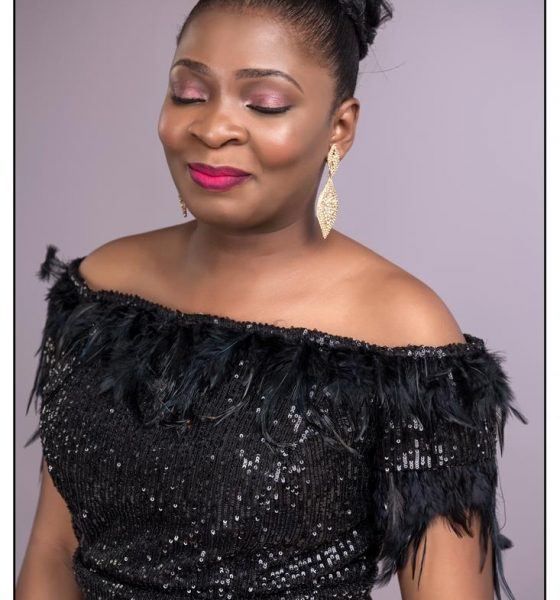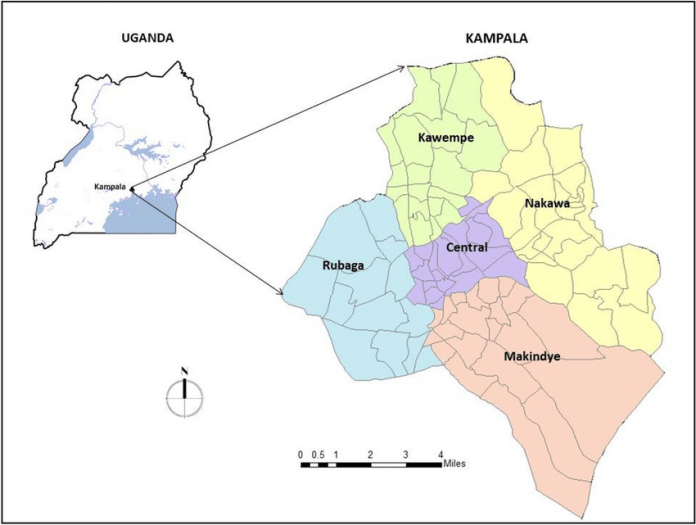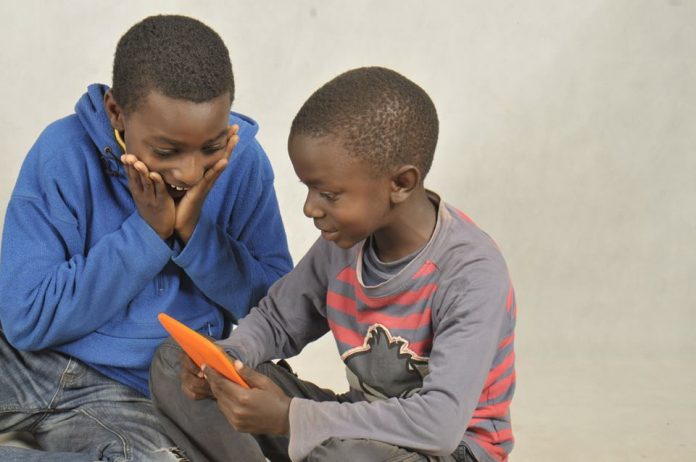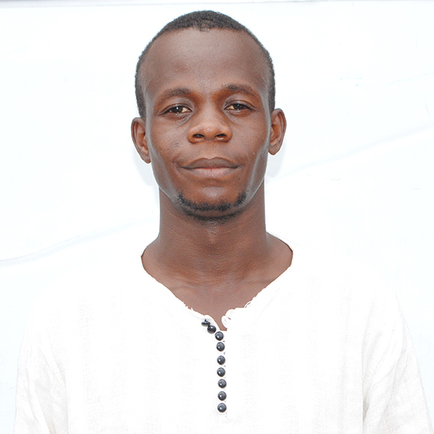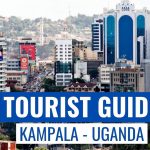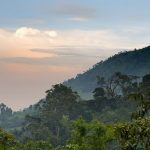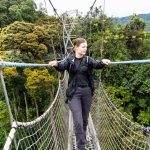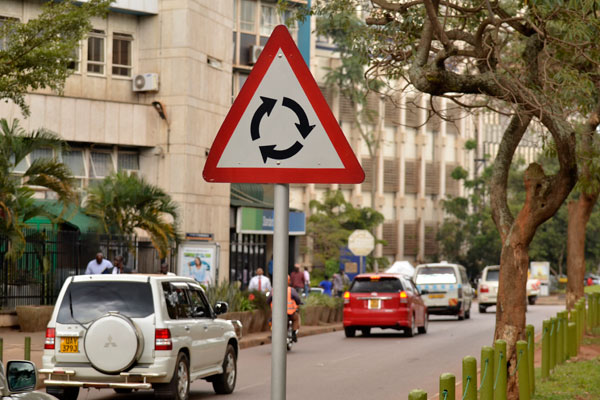The 26th annual World Economic Forum on Africa, was conducted in Rwandan capital, Kigali from 11-13 May under the theme “Connecting Africa’s Resources through Digital Transformation.” More than 1,200 participants from over 70 countries took part in the Forum.
Natalie Bitature
Image source: linkedin
1.Natalie Bitature
Musana Carts, Uganda: Musana Carts has used frugal innovation to develop environmentally friendly, solar-powered vending carts. With a price point of $400, each Musana Cart saves 3,000 tons of carbon emissions and improves the health of cities by eliminating pollution from charcoal and kerosene stoves.
Elizabeth Nyeko
2.Elizabeth Nyeko
Mandulis Energy, Uganda: Mandulis Energy produces electricity from Agri-waste purchased from farmers. Developing 20MW for the grid, and 8MW (16x 0.5MW-1MW) off-grid in Uganda, to provide clean, affordable and reliable energy to communities, and to rural industries (rice mills, maize mills etc.) that drive economic development.
Evelyn Namara. Image Source: Twitter
3.Evelyn Namara
!nnovate, Uganda: Mobile vouchers that are used by farmers to redeem for seed from agro-dealers. !nnovate Uganda also works on building solutions that run on mobile and can be used in development projects.
The criteria for the challenge required entrants’ companies to be less than three years old, be earning revenue for at least a year, and have proven innovation and positive social impact. The winners were invited to the World Economic Forum on Africa in Kigali, Rwanda, to meet other social entrepreneurs and impact investors, and take part in conversations relevant to their expertise and interests.
The other entrepreneurs recognized were from Kenya, Tanzania, South Africa, Rwanda, Nigeria and Ghana. The challenge to find Africa’s top women Innovators was launched by World Economic Forum in recognition of the urgent need to create a more enabling environment for entrepreneurship to flourish in Africa, especially for female entrepreneurs, whose potential is far from being optimized.
“I strongly believe that the 21st century will be Africa’s century, that its young population has the potential to build a world where they are not only materially better off, but also where things are fairer, more sustainable and more tolerant than at any other time in history. But this will not be achieved unless women are able to make a full contribution. This is why we are showcasing Africa’s best female entrepreneurs in Kigali this week,” said Elsie Kanza, Head of Africa at the World Economic Forum.
The judging panel included: Amini Kajunju, President and Chief Executive Officer, The Africa-America Institute and Member of the Global Agenda Council on the Economics of Innovation; Rapelang Rabana, Founder and Chief Executive Officer, ReKindle Learning and Global Shaper; and Arun Sharma, Director-General, Next Einstein Foundation.
More than 1,200 participants from over 70 countries are taking part in the World Economic Forum on Africa in Kigali, Rwanda, from 11 to 13 May 2016. The theme of the meeting is “Connecting Africa’s Resources through Digital Transformation”.
The Co-Chairs of the 26th World Economic on Africa are: Akinwumi Ayodeji Adesina, President, African Development Bank (AfDB), Abidjan; Dominic Barton,Global Managing Director, McKinsey & Company; Tony O. Elumelu, Founder, The Tony Elumelu Foundation, Nigeria; Graça Machel, Founder, Graça Machel Trust (GMT), South Africa; and Tarek Sultan Al Essa, Chief Executive Officer and Vice-Chairman of the Board, Agility, Kuwait.

